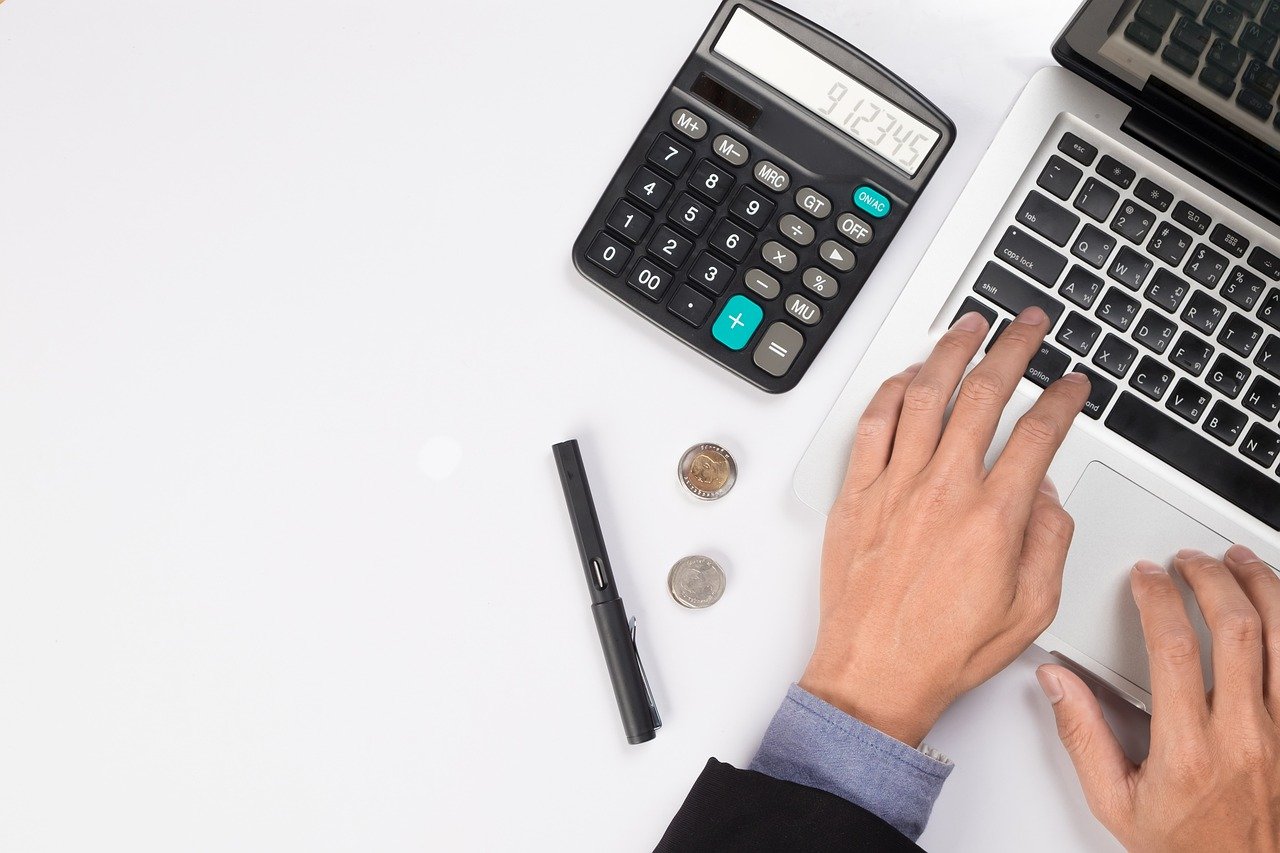Budgeting will only get you so far. First, you need to know what your spending habits are like and why. Without knowing those things, your new budget won’t work.

Get complete control over your finances so that you can evaluate your income, your expenses and your relationship with money. So many of us have a complicated relationship with money and we may not even be aware of it. But by analysing our financial habits and questioning them, we can learn more about ourselves and our habits.
Some common and potentially harmful financial habits include emotional spending, using shopping as a reward, financial self-sabotage, agreeing to things without reading the fine print, signing up for subscriptions without intending to and more.
5 Steps To Get To Know Your Finances
1. List your bank accounts and the cards and other payment alternatives you use.
2. Log your expenses from last year from each of the payment alternatives that you have listed.
3. Organise the payments into the months when they occurred, and then into categories within each month. Examples of categories could be “food”, “clothes”, “streaming”, “housing”, “utilities” etc.
4. For each month, calculate and write down the total sum of what you spent and the total sum of what you earned. Take the sum of what you earned minus your expenses and look at the result. Were you living within your means? Above your means? Or below your means?
5. Calculate and write down what you spent on each category each month. Then calculate how much you spent on each category over the course of a year.
The Moment of Truth
Now that you have a very comprehensive overview of your finances, what do you think?
· What was your biggest expense? Was that expense a need or a want?
· How much did you spend on food?
· Are there any expenses from last year that you no longer pay for?
· Are there any expenses that you could cut?
· Is there a way for you to increase your income this year?
Savings
How much did you save? Could you have saved more? Did you have to withdraw any of your savings?
If you had cut the unnecessary expenses last year, and saved that money in a high-interest savings account instead, how much would you have had today?
This is something that truly puts things into perspective. In the heat of the moment, we may not think much of a small sum here and there, but for a year, things pile up. And those seemingly small amounts turn into one larger amount that will put a dent in your savings. Had you chosen to put away each of those small amounts, or even half of them, in a good savings account, you would have been better off financially today.
What we do today will either help us or hurt us tomorrow. It is better to live below our means and put money away than try to live above our means, like kings, when we know we cannot afford it. Few can.
Dept
Credit cards and loans are not there to sponsor your greed. They will cost you far more than you borrowed. And they should only be used for truly important larger expenses that cannot be paid for in any other way. For example, the investment in a home for you and your family.
Few can afford to pay for a home out of pocket, or at all in this economy. But if you do take out a loan for such an occasion, shop around before you decide. Do your research.
Better you ask an obnoxious number of questions than ask one too few.
You are the customer. Listen to your gut and if you can, bring someone else with you when you talk to these companies.
This can also be applied to the process of buying a home. Be choosy with both the home and the realtor. Both decisions are equally important. And it is better to look at things with four eyes, or even six. So, always bring a partner, a close friend or other family member and be sure to get everything – every last bit of information – in writing.
New habits
Evaluate your previous years and consider the decisions you made, the money you spent and the money you earned. What can you do better this year? What do you want to do differently? Write down a few ideas for costs to cut. Write down a few ideas for how you can increase your income.
Make a plan and start implementing the changes. Don’t try to implement them all at once. One or two per month is more than enough.
Throughout this year starting now, log your expenses and evaluate them regularly.
Questions to ask yourself:
· Was this necessary?
· How did this purchase make me feel?
· Why did I buy this?
An easy way to handle all of this is to create an Excel file or Google’s version. For those of you who are not used to these programs, I will soon be selling spreadsheets for personal and business purposes in my online store.
Good luck!
Discover more from Desoullife
Subscribe to get the latest posts sent to your email.
